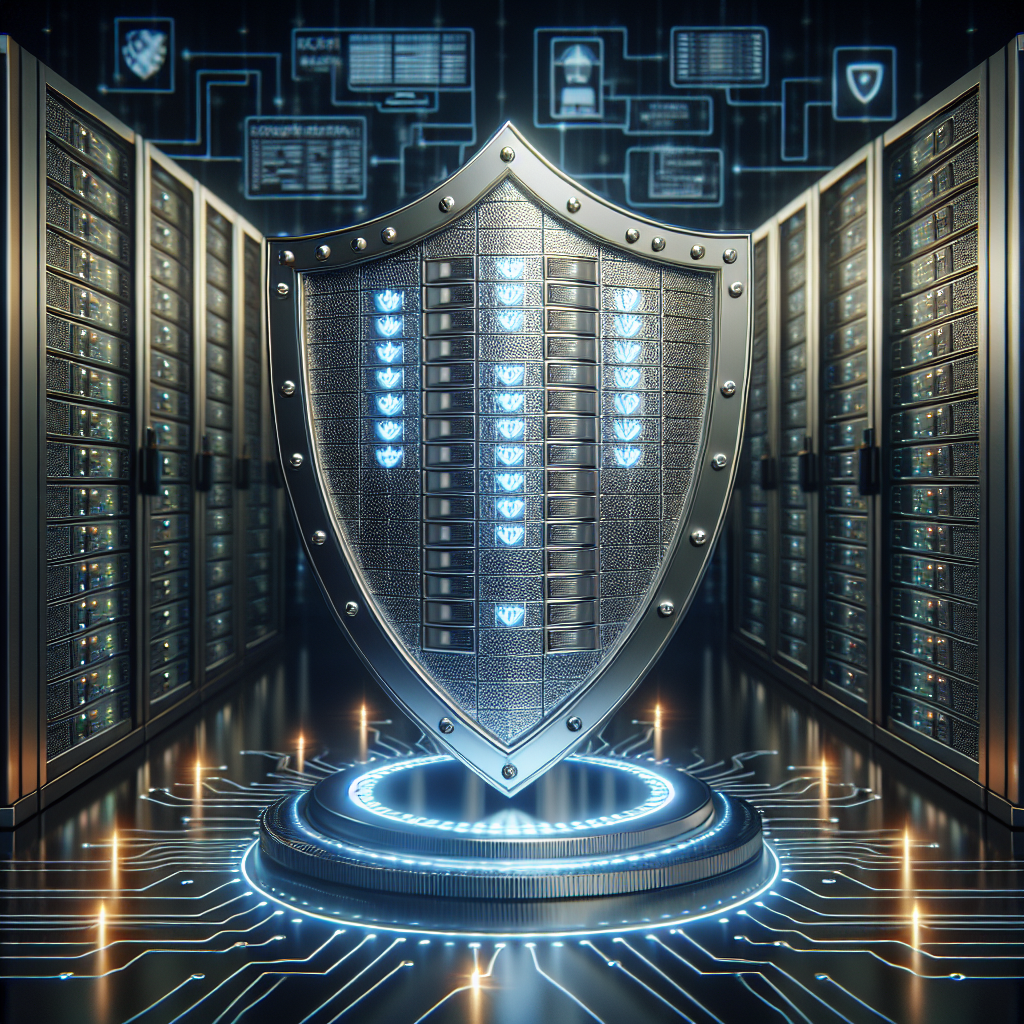Data Center Defense: Implementing Robust Security Systems to Combat Cyber Threats
In today’s digital age, data centers play a critical role in storing and managing vast amounts of sensitive information for businesses and organizations. With the ever-increasing threat of cyber attacks, it is imperative for data centers to have robust security systems in place to protect against potential breaches and ensure the safety of their data.
Cyber threats are becoming more sophisticated and prevalent, making it essential for data centers to implement strong defense mechanisms to safeguard their infrastructure and data. Hackers are constantly looking for vulnerabilities to exploit, whether it be through phishing scams, malware, ransomware, or other forms of cyber attacks. The consequences of a successful breach can be devastating, resulting in data loss, financial losses, reputational damage, and legal repercussions.
To combat these threats, data centers must prioritize cybersecurity and invest in advanced security systems to protect their assets. One of the key components of data center defense is implementing a multi-layered security approach that includes both physical and digital measures. This includes:
1. Firewalls and Intrusion Detection Systems: Firewalls act as a barrier between the internal network and the internet, monitoring and filtering incoming and outgoing traffic to block potential threats. Intrusion detection systems (IDS) can detect and respond to malicious activities in real-time, alerting security personnel to any suspicious behavior.
2. Encryption: Data encryption is essential for protecting sensitive information from unauthorized access. By encrypting data at rest and in transit, data centers can ensure that even if a breach occurs, the data remains secure and unintelligible to hackers.
3. Access Controls: Implementing strong access controls, such as multi-factor authentication and role-based access control, can prevent unauthorized users from gaining access to the data center’s systems and resources. Regularly reviewing and updating access permissions is also crucial in maintaining the integrity of the security measures.
4. Security Monitoring and Incident Response: Data centers should have robust security monitoring in place to detect and respond to any potential security incidents promptly. This includes conducting regular security audits, penetration testing, and vulnerability assessments to identify and address any weaknesses in the system.
5. Employee Training: Human error is often a significant factor in security breaches, so it is essential to educate employees on best practices for cybersecurity. Training programs should cover topics such as phishing awareness, password security, and social engineering tactics to help employees recognize and mitigate potential threats.
In conclusion, data center defense is a critical aspect of cybersecurity in today’s digital landscape. By implementing robust security systems and best practices, data centers can effectively combat cyber threats and protect their valuable assets. Investing in cybersecurity measures is not only essential for safeguarding data but also for maintaining the trust and confidence of customers and stakeholders. As cyber threats continue to evolve, data centers must remain vigilant and proactive in their efforts to ensure the security and integrity of their infrastructure.


